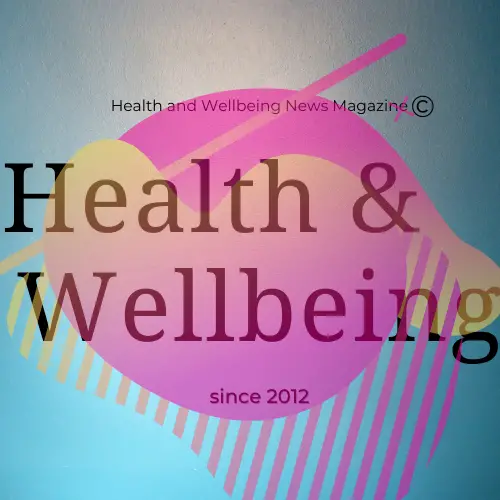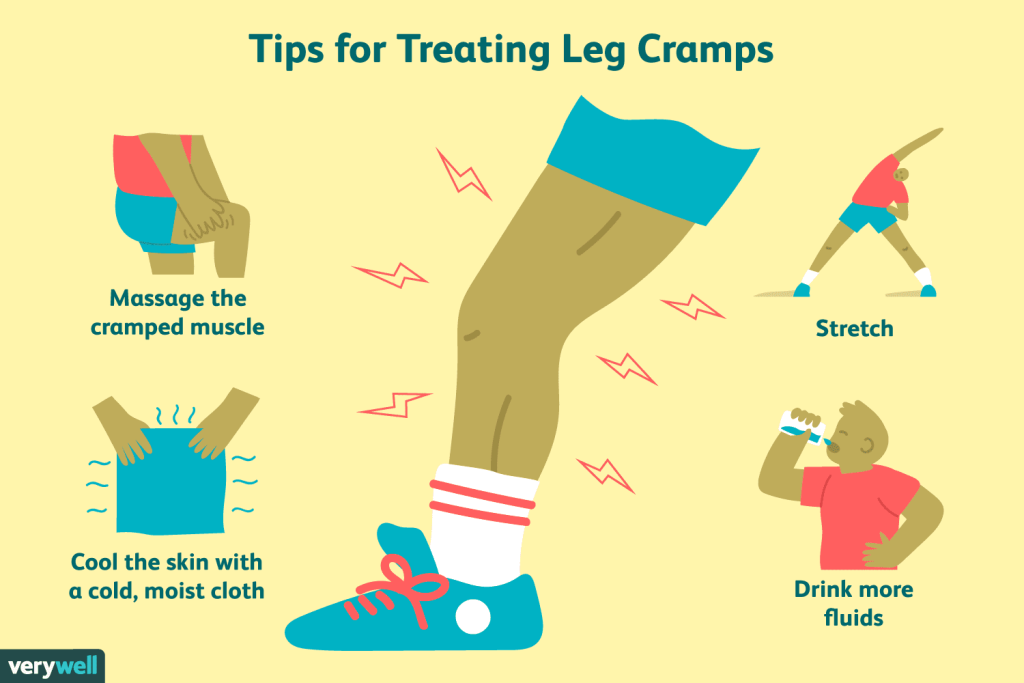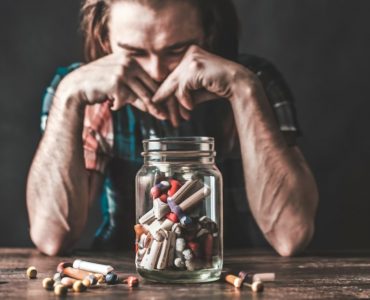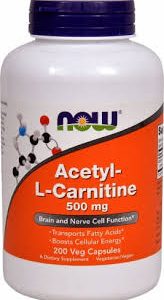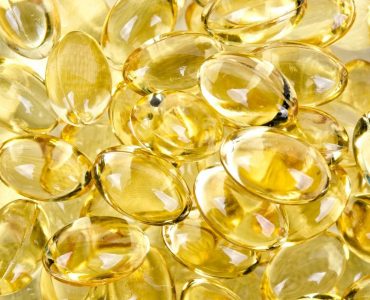Muscle cramps, those sudden, involuntary contractions that leave you wincing and wishing for relief, are a common experience. While usually harmless, they can range from mildly annoying to downright debilitating. Here’s your guide to navigating the world of cramps, exploring their types, causes, symptoms, and effective strategies to minimize their impact and keep your muscles moving smoothly.
Unveiling the Cramp Culprits:
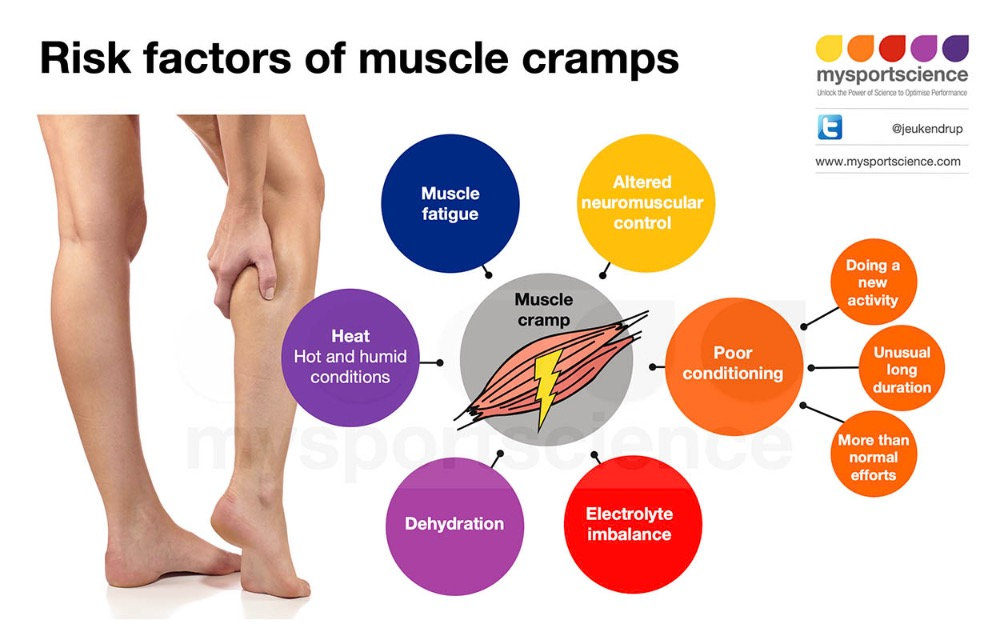
Muscle cramps come in various forms, each with its own potential cause:
- Menstrual cramps (dysmenorrhea): Caused by hormonal fluctuations during menstruation, leading to painful uterine contractions.
- Exercise-associated cramps: Triggered by dehydration, electrolyte imbalance, or muscle fatigue during physical activity.
- Rest cramps: Occurring at night while resting, often involving the calves and toes, and linked to dehydration or nerve compression.
- Heat cramps: Associated with excessive sweating and electrolyte loss during strenuous activity in hot environments.
- Nutritional cramps: Deficiencies in minerals like magnesium or potassium can contribute to muscle cramps.
Spotting the Signs:
Recognizing the symptoms of cramps can help you identify the type and take appropriate action:
- Sudden, intense muscle tightening and pain
- Feeling of the muscle being “knotted up”
- Tenderness to the touch in the affected area
- Difficulty relaxing or moving the muscle
Types of Crapms
| Type of Cramp | Causes | Treatments |
|---|---|---|
| Muscle Cramps | Dehydration, electrolyte imbalances, overuse | – Hydration |
| of muscles, muscle fatigue, poor circulation | – Electrolyte replenishment (e.g., potassium, magnesium) | |
| – Stretching and gentle massage of affected muscle | ||
| Menstrual Cramps | Uterine contractions, prostaglandin release | – Over-the-counter pain relievers (e.g., ibuprofen) |
| during menstruation, hormonal changes | – Heat therapy (e.g., heating pad, warm bath) | |
| – Gentle exercise and relaxation techniques | ||
| Exercise-Associated | Dehydration, electrolyte imbalances, muscle | – Hydration |
| Cramps | fatigue, inadequate warm-up or stretching | – Electrolyte replenishment (e.g., sodium, potassium) |
| – Proper warm-up and stretching routines before exercise | ||
| Nighttime Leg | Overuse of leg muscles, dehydration, nerve | – Gentle stretching exercises before bedtime |
| Cramps | compression, poor circulation, nutritional | – Massaging affected muscle |
| deficiencies | – Applying heat or cold to affected area |
Taming the Twists:
While some cramps resolve spontaneously, here are some strategies to ease the discomfort and reduce their frequency:
- Hydration: Drink plenty of water throughout the day, especially before, during, and after exercise.
- Electrolyte balance: Replenish electrolytes lost through sweat with sports drinks or electrolyte tablets, particularly during intense activity.
- Stretching and massage: Regularly stretching tight muscles and gentle massage can improve circulation and prevent cramps.
- Warm baths or compresses: Applying warmth to the affected area can relax muscles and alleviate pain.
- Dietary adjustments: Ensuring adequate intake of magnesium, potassium, and calcium through diet or supplements can be helpful.
- Relaxation techniques: Managing stress through yoga, meditation, or deep breathing can reduce muscle tension and cramping.
Leg Cramps: Answering Your Questions
Cramps, those sudden, involuntary muscle contractions, can be quite painful and disruptive, especially when they strike your legs. Here are answers to your questions to help you understand and manage these leg cramps:
What is the cause of leg cramps?
Several factors can contribute to leg cramps, including:
- Dehydration: When you don’t have enough fluids in your body, it can affect electrolyte balance, leading to muscle imbalances and cramps.
- Electrolyte imbalance: Minerals like magnesium, potassium, and calcium play crucial roles in muscle function, and deficiencies can contribute to cramping.
- Muscle fatigue or overuse: Intense activity or prolonged periods of sitting can fatigue muscles, increasing the risk of cramps.
- Nerve compression: Certain conditions like spinal stenosis or pinched nerves can irritate nerves supplying the leg muscles, triggering cramps.
- Medications: Certain medications, like diuretics for blood pressure or statins for cholesterol, can have cramps as a side effect.
- Medical conditions: Certain underlying health conditions like diabetes, thyroid disorders, or kidney disease can be associated with leg cramps.
- Pregnancy: Hormonal changes and increased pressure on leg nerves during pregnancy can cause cramps.
When should I be concerned about leg cramps?
While most leg cramps are harmless and resolve on their own, some situations warrant medical attention:
- Frequent or severe cramps: If you experience cramps often, especially if they’re severe and significantly impact your daily life, consult your doctor.
- Cramps accompanied by other symptoms: If you have fever, weakness, numbness, tingling, or redness alongside cramps, seek medical advice.
- Cramps after an injury: If cramps occur after an injury, especially if accompanied by swelling or pain, see a doctor to rule out any underlying damage.
- Sudden onset of severe cramps: If a sudden, intense cramp occurs, especially in someone with risk factors like heart disease or diabetes, seek immediate medical attention.
How do I make a cramp go away?
Several strategies can help relieve a leg cramp:
- Stretching: Gently stretch the affected muscle to help it relax.
- Massage: Gently massage the cramped muscle to improve circulation and ease tension.
- Heat application: Apply a warm compress or take a warm bath to relax the muscle.
- Elevation: Raise the affected leg above your heart to help reduce swelling and improve circulation.
- Hydration: Drink plenty of fluids, especially if you suspect dehydration might be a factor.
What causes leg cramps at night?
Several reasons can contribute to nighttime leg cramps:
- Dehydration: Dehydration is more common at night, especially if you don’t drink enough fluids before bed.
- Muscle fatigue: If you’ve been physically active during the day, your muscles might be more prone to cramps at night.
- Certain medications: Some medications can worsen nighttime cramps as a side effect.
- Nerve compression: Certain sleep positions or tight bedding might put pressure on nerves, leading to cramps.
- Restless legs syndrome: This sleep disorder can cause involuntary leg movements and cramps at night.
Remember: If you’re concerned about your leg cramps, consult your doctor for a proper diagnosis and discuss potential treatment options based on the underlying cause. By understanding the triggers and implementing preventive measures, you can manage your leg cramps and enjoy more comfortable nights and days.
When to Seek Medical Advice:
While most cramps are transient and manageable, consult a doctor if you experience:
- Frequent or severe cramps that significantly impact your daily activities
- Cramps accompanied by fever, weakness, or other concerning symptoms
- Cramps following an injury or trauma
- Persistent cramps despite lifestyle changes
Remember: Cramps are common, but understanding their causes and implementing preventive measures can empower you to keep them at bay and enjoy more comfortable, unrestricted movement. By incorporating these tips into your routine, you can minimize the grip of cramps and move with more ease and confidence.
Additional Resources:
- National Library of Medicine: https://medlineplus.gov/ency/article/003122.htm
